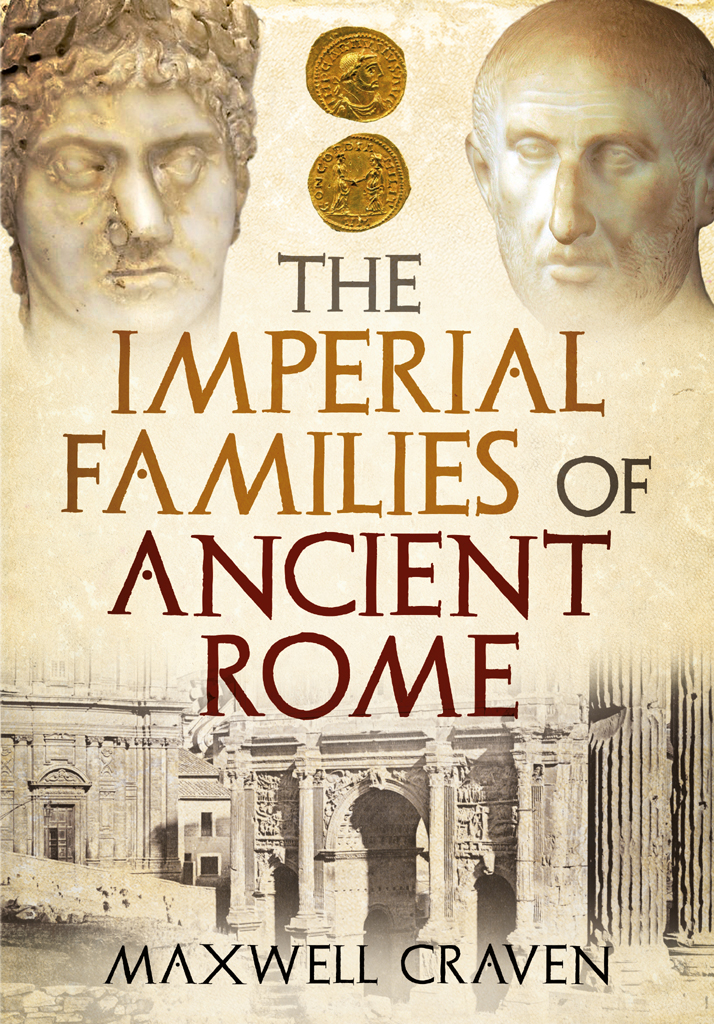

Most ebook files are in PDF format, so you can easily read them using various software such as Foxit Reader or directly on the Google Chrome browser.
Some ebook files are released by publishers in other formats such as .awz, .mobi, .epub, .fb2, etc. You may need to install specific software to read these formats on mobile/PC, such as Calibre.
Please read the tutorial at this link. https://ebooknice.com/page/post?id=faq
We offer FREE conversion to the popular formats you request; however, this may take some time. Therefore, right after payment, please email us, and we will try to provide the service as quickly as possible.
For some exceptional file formats or broken links (if any), please refrain from opening any disputes. Instead, email us first, and we will try to assist within a maximum of 6 hours.
EbookNice Team

Status:
Available5.0
19 reviewsThe Roman Empire was a spectacular polity of unprecedented scale which stretched from Scotland to Sudan and from Portugal to Persia. It survived for over 500 years in the west and 1,480 years in the east. Ruling it was a task of frightening complexity; few emperors made a good fist of it, yet thanks to dynastic connections, an efficient bureaucracy and a governing class eager to attain the kudos of holding the highest offices, it survived the mad, bad and incompetent emperors remarkably well. Although not always apparent, it was the interplay of emperors' kin and family connections which also made a major contribution to controlling the empire.
This book aims to put on record the known ancestry, relations and descendants of all emperors, including ephemeral ones and show connections from one dynasty to another as completely as possible, accompanied by concise biographical notes about each ruler and known facts about family members, which include Romans both famous and obscure. It also attempts to distinguish between certainty and possibility and to eliminate obvious fiction. The introduction provides a narrative lead-in to the creation of the empire, attempts to clarify the complexities of Roman genealogy and assess the sources.